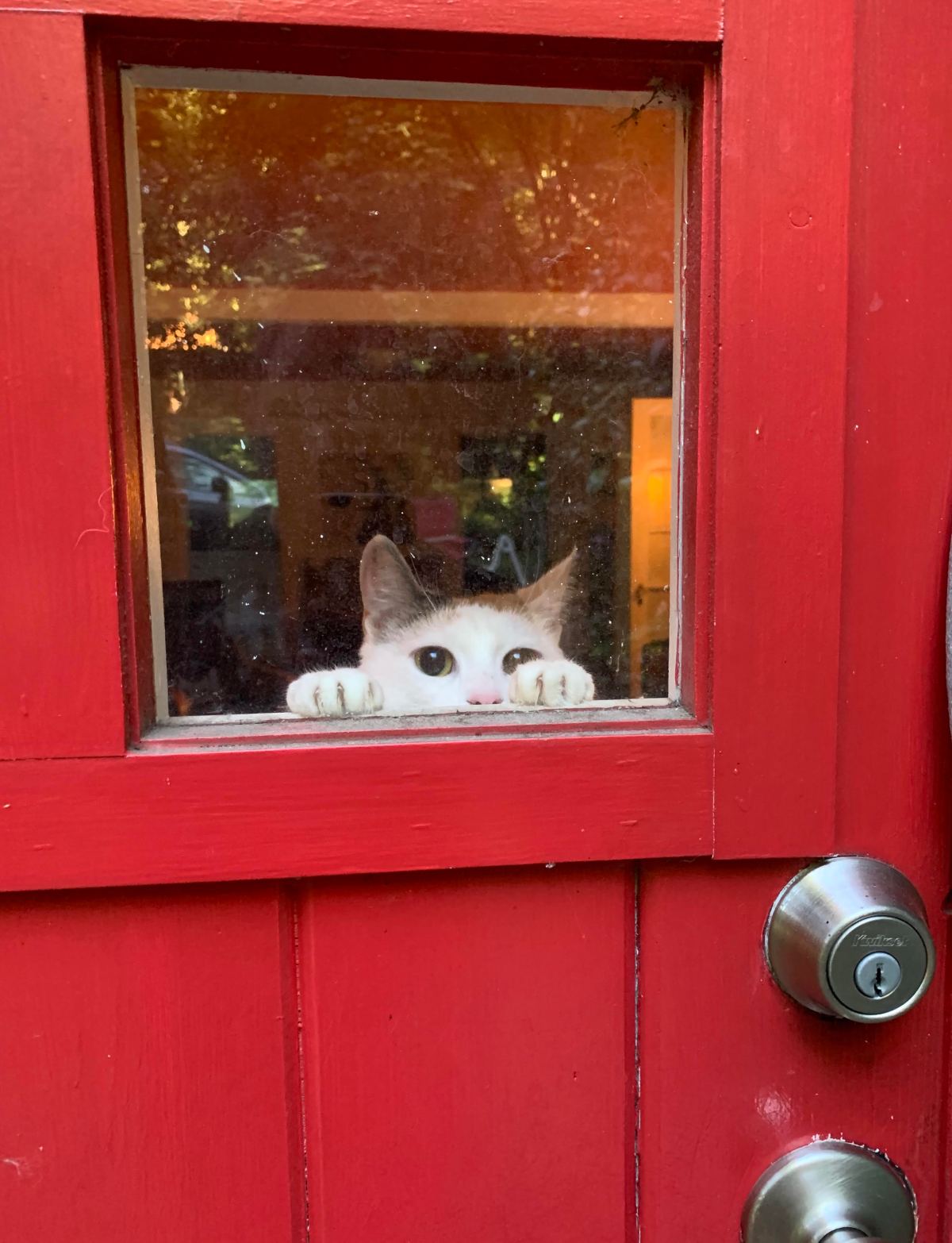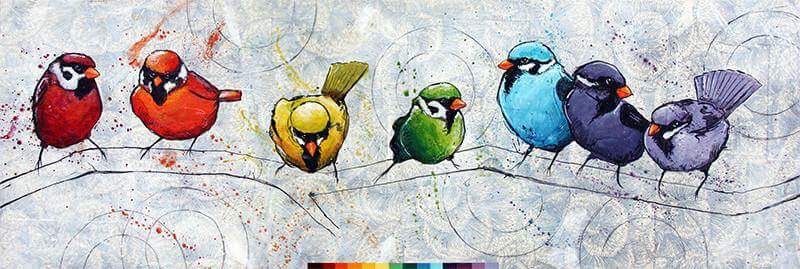Most folks who read this blog live in countries that attempt or claim to be democracies. If that is you, I have a question for you: How much say or choice do you feel like you have in the world that immediately surrounds you? If you want to be listened to by people that make decisions that affect you, are you able to speak to them and be sure that they will take you seriously?
I’m guessing that, for the great majority of us, the answer to that last question is no.
I’ve been thinking about a couple of psychological phenomenons that happen when humans don’t have control. One is relatively documented (though I’m having trouble thinking of the search terms to google it with) and that is when people engage in activities with a high rate of failure outside of their control, they create superstitions around success and failure. The best example I know of is baseball. People who are good at baseball will fail upwards of 70% of the time when they have an at-bat (for the sake of this conversation I’m going to ignore advanced metrics). A pitcher can strike out two batters in a row with the same pitch, then give up a home run to the next batter while still using that same pitch. The games are low scoring enough that what scientists call “statistical noise” can be the determining factor in winning or losing a game. Often. So often that whole team’s seasons can occasionally be chalked up to the equivalent of a fluke. So baseball players develop a wide array of superstitions about playing. They will have a lucky glove, lucky socks, lucky facial hair. If they wore a certain undershirt when they did really well, they’ll keep wearing that undershirt. On and on. I encountered this when I first started playing baseball when I was a kid at six years old, and it’s something that gets brought up in current broadcasts of professional games today featuring grown men.
But that is a vocation. What happens when people are left out of the decision making process for most of the issues that affect their daily life? What if there are some people out there somewhere making those decisions, and you don’t even know who they are? Why did that road get paved? I don’t know. Why did that bridge get built? I don’t know. Why is the local school’s curriculum the way it is? A whole bunch of people I don’t know made some decisions, and I have absolutely no say in the situation. And I couldn’t if I tried.
My hypothesis is that’s when people create conspiracy theories. In our current political climate, lots of people are writing about how conspiracy theories get disseminated. But why are people coming up with conspiracy theories in the first place? Why are people open to conspiracy theories at all? My own personal experience is that I’ve never heard a conspiracy theory come out of someone’s mouth who has also had a strong relationship with their local government and/or community. The more I’ve worked with local government in my career, the more absurd most conspiracy theories sound. I know that my own personal experience is not statistically significant, and my experience has me wondering about ways to test this hypothesis.
If my hypothesis were true, then that would mean that our current prevalence of conspiracy theories is a symptom of a greater problem. The problem of disconnection from our communities and our systems of power within our country. This dovetails nicely with my view that there is a severe lack of pro-social pro-community structures in our American society. Another hypothesis that I haven’t developed a test for.
A whole bunch of people I don’t know made some decisions, and I have absolutely no say in the situation. And I couldn’t if I tried.
This feels like the motto for modern democracy. Not that there isn’t a shortage of folks who say “but you can be heard if you try!” “You can be the change in the world you want to see!” In my view, thinking like that is thinking designed to overcome the problem. But it isn’t addressing the problem. The problem with modern democracy is that reality needs to be overcome by everyone, all the time. Very few people have the energy for that.
My own personal conspiracy brain says “it’s that way because that’s how they want it.” But I don’t actually think that’s true. I think this is an unhappy accident.
So what do we do about it? I’ll let you all think about that. I’m thinking about regular community gatherings, that are official in one way or another. I think we need to make sure that people have multiple connections with the community around them. I’m thinking of small government on a neighborhood or borough scale. I’m also thinking that these sort of things, and a lot more ideas that will strengthen our communities, will become more doable as we strengthen the middle class and address they systemized inequality within our country. I’m not thinking of social media. I think we’ve seen the ceiling for social media, and it’s considerably lower than everyone thought it would be.
How do we even begin to measure how connected a person is to their community and the systems of power that affect them?

